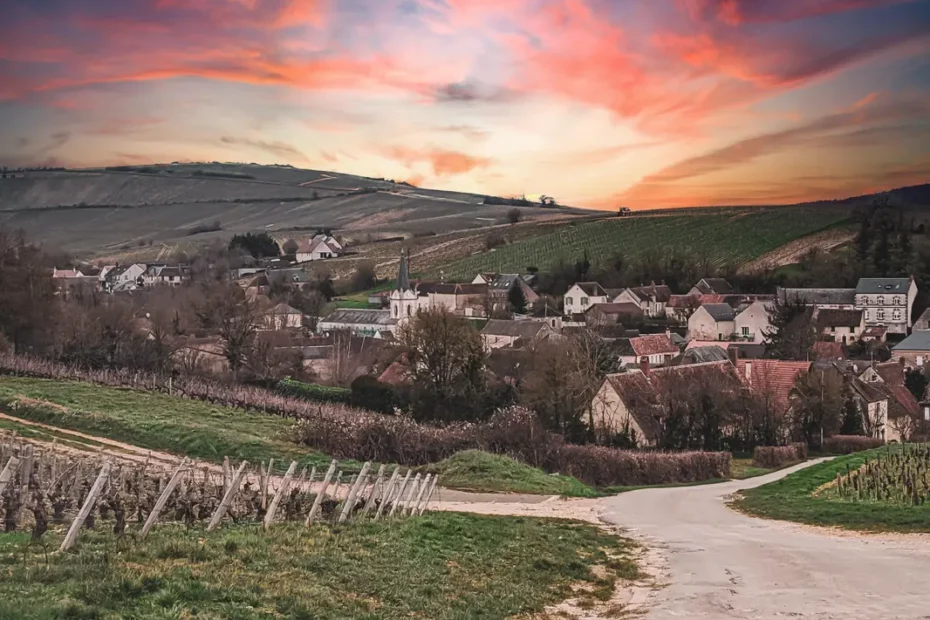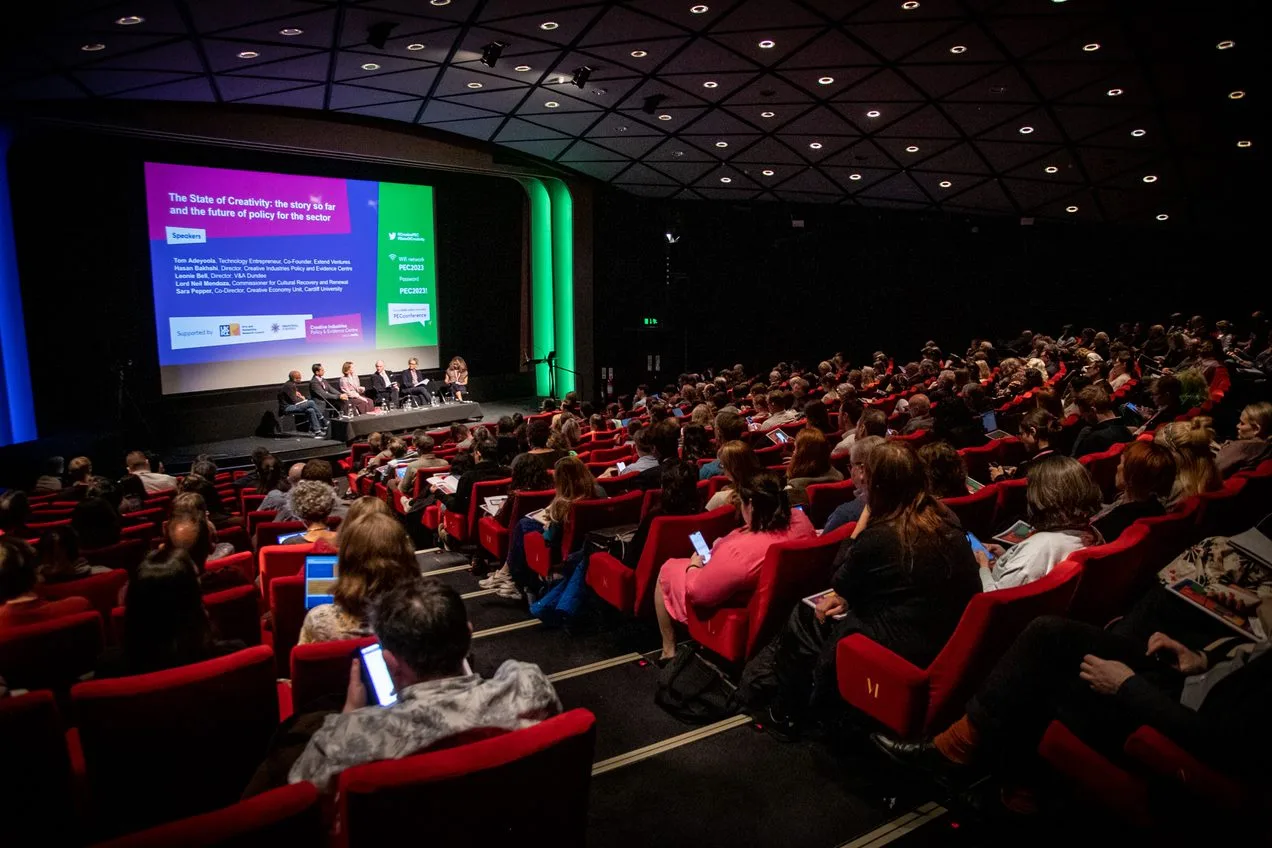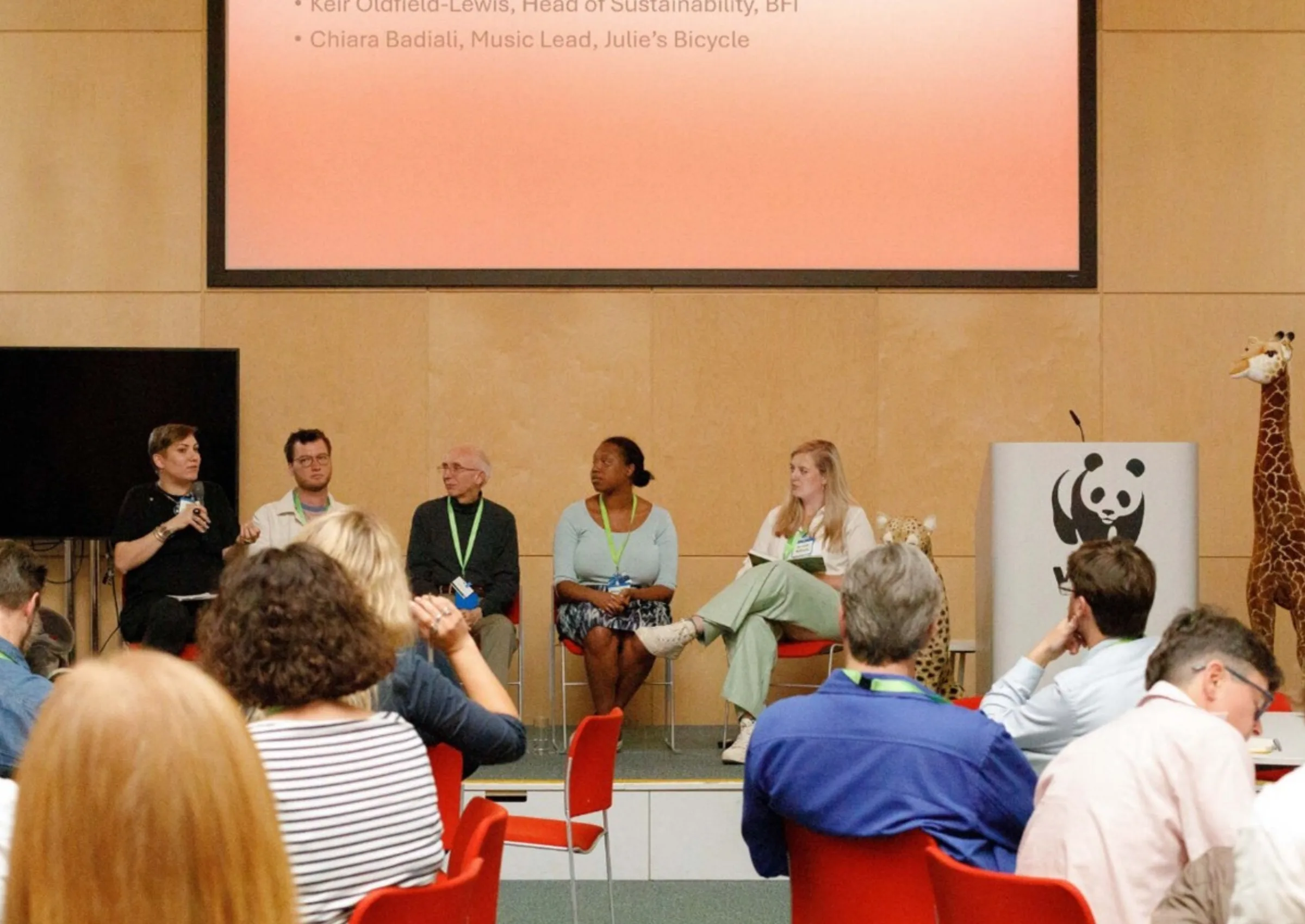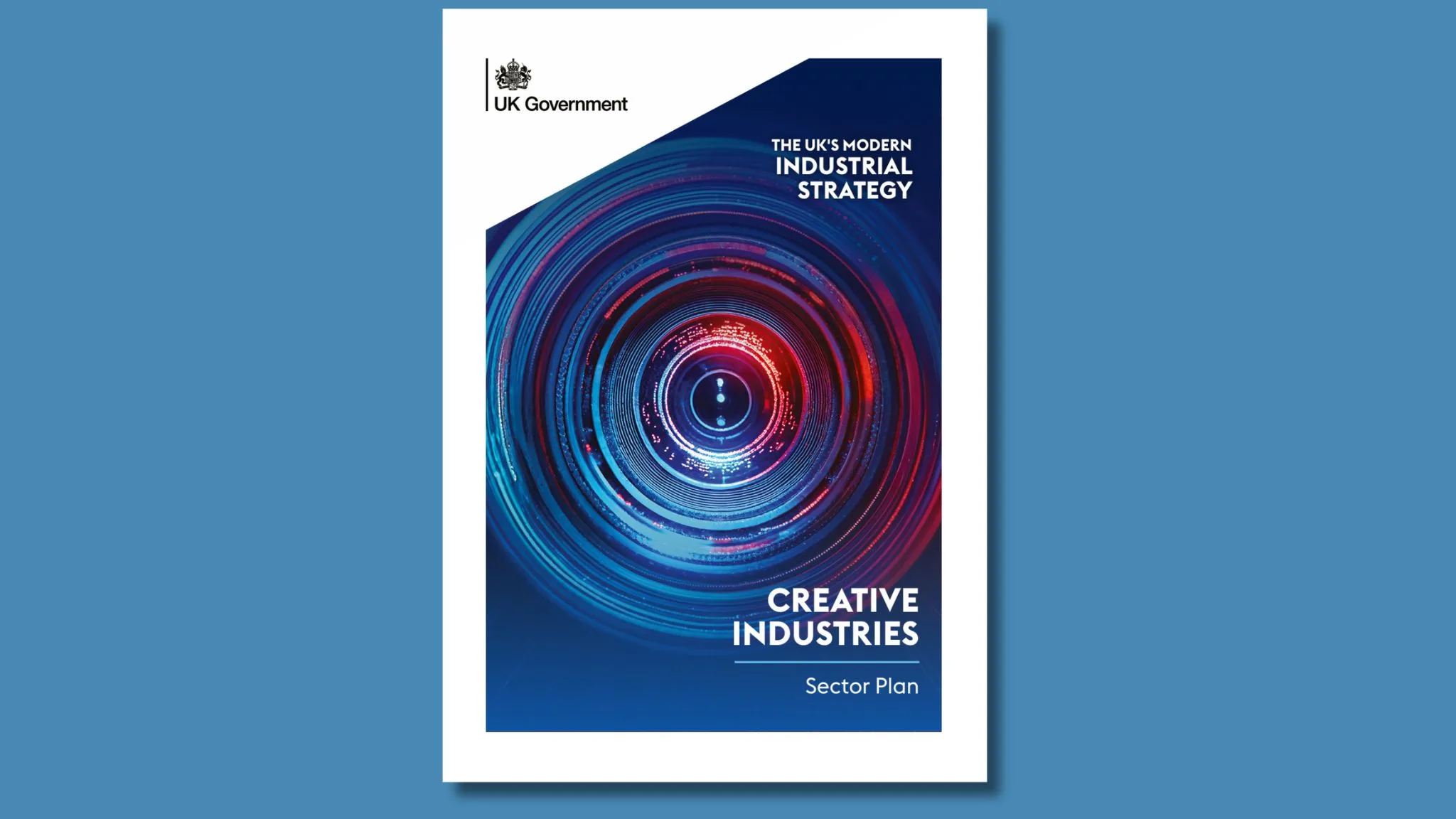The creative industries have the potential to play a major role in the development of rural communities and businesses. Our new research, funded by NICRE and the AHRC Creative Industries Policy and Evidence Centre (PEC), shows that creative enterprises are a vital part of the Levelling Up agenda.
Here are some important insights from our recent report mapping the locations of creative businesses and how and why they cluster together in rural places.
Creative industries flourish across the UK.
While creative industries are often associated with London and large urban areas, PEC research has shown that creative industries flourish across the country. The PEC Creative Radar report identified 709 creative ‘microclusters’ across the UK, from less well known creative hotspots in Colwyn Bay in North Wales to Buxton in England. Moreover, companies in these clusters – particularly those outside the large urban areas – were more likely to have grown and to show a desire to grow as well, compared to companies outside of a cluster.
Creative businesses do cluster in rural areas
Creative clusters are not an exclusively urban phenomenon. Linked to the microclusters previously identified in the PEC research, we found that rural areas in England host about 90 creative microclusters (i.e., grouping of at least 50 businesses or organisations within a 1-5 km radius). We also found that one-third of rural creative businesses have activities within these 90 microclusters.
A map of the microclusters we identified is available here.
Moreover, we observed that the factors that drive creative clustering in rural areas are the same as those in urban areas.
How can policy makers help creative businesses stimulate rural Levelling Up?
Rural creative businesses have a major role to play in helping to Level Up rural economies by transforming local spaces and driving innovation. What can policymakers do to help these businesses meet their potential?
- Strengthen rural business networks and collaboration: Companies in rural microclusters are more likely to generate business locally, and strong networks are particularly important in rural settings. Creative hubs, for example, have a major role to play in supporting these businesses.
- Address barriers to growth: The PEC’s creative Radar survey shows that rural creative firms inside microclusters are more likely to face difficulties with accessing external financing. But ‘throwing money at rural creative businesses’ isn’t necessarily a solution either – what is required is a a combination of financial support, along with business support to help businesses on all the steps of the growth journey.
- Support culture-led development: Culture can play a role in the development of creative clusters, and this is true in rural settings too. The presence of cultural facilities (such as museums, theatres, cinemas) is associated with higher levels of clustering, which suggests that a culture-led approaches to regeneration base around cultural ‘anchor institutions’ may help to build rural creative ecosystems.
- Invest in further education: We find that creative clusters are associated with proximity to both universities and FE colleges, but in creative clusters, the benefits are present for areas further away than the institutions themselves. In a context where creative courses are increasingly being shut at universities in post-1992 institutions (many of which serve more rural areas), investing in FE and university education in rural areas can help creative clusters to reach their potential.
- Invest in rural infrastructure: Quality infrastructure such as broadband, roads and facilities are important for all sectors. Rural creative businesses are more likely to report infrastructure as a problem than their urban counterparts, but investments in infrastructure are likely to help all businesses, not just creative ones
As Levelling Up England’s rural areas is a long-term and systemic challenge, building vibrant creative industries clusters in rural areas will not happen overnight. But the potential of a creativity-led renaissance for rural areas is not a pipe dream. The challenge will be to translate our research insights into real, meaningful investment helping rural areas to achieve their potential.
___________________________________
Related Blogs
Why do freelancers fall through the gaps?
Why are freelancers in the Performing Arts consistently overlooked, unseen, and unheard?
Insights from the Labour Party Conference 2025
Creative PEC Policy Adviser Emily Hopkins attended the Labour Party Conference in September 2025.
Association of South-East Asian Nations’ long-term view of the creative economy
John Newbigin examines the ASEAN approach to sustainability and the creative economy.
Take our Audience Survey
Take our quick survey and you might win a National Art Pass.
Culture, community resilience and climate change: becoming custodians of our planet
Reflecting on the relationship between climate change, cultural expressions and island states.
Cultural Industries at the Crossroads of Tourism and Development in the Maldives
Eduardo Saravia explores the significant opportunities – and risks – of relying on tourism.
When Data Hurts: What the Arts Can Learn from the BLS Firing
Douglas Noonan and Joanna Woronkowicz discuss the dangers of dismissing or discarding data that does…
Rewriting the Logic: Designing Responsible AI for the Creative Sector
As AI reshapes how culture is made and shared, Ve Dewey asks: Who gets to create? Whose voices are e…
Reflections from Creative Industries 2025: The Road to Sustainability
How can the creative industries drive meaningful environmental sustainability?
Creating value: the creative economy beyond culture by Marta Foresti
Marta Foresti explains the value of international cooperation as she becomes Chair of the GCEC.
Taking stock of the Creative Industries Sector Plan
We summarise some of the key sector-wide announcements from the Creative Industries Sector Plan.
Conversations between the Global North and South
Unsettling and reordering the creative economy












